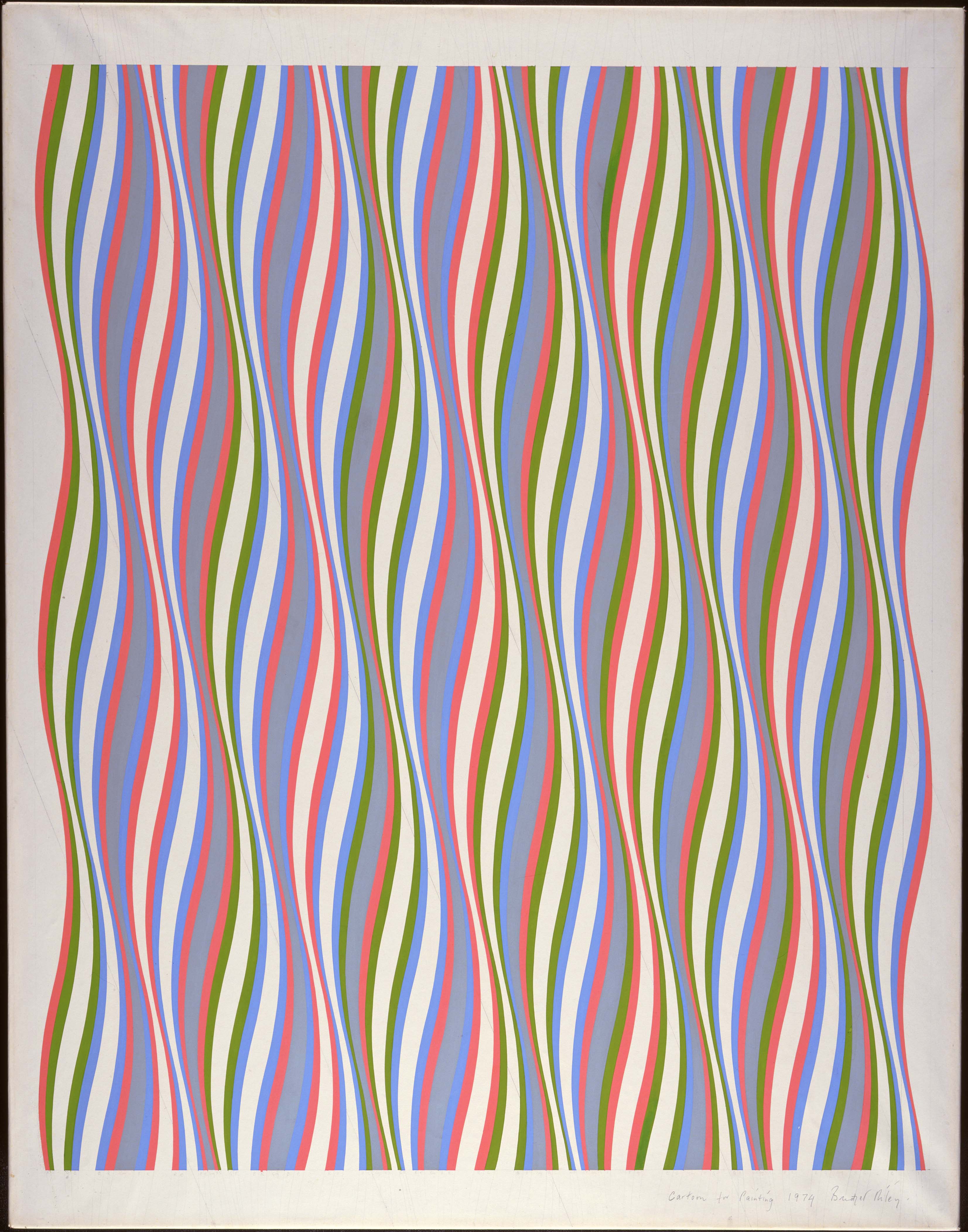CNAA Art Collection
Council for National Academic Awards...
The Council for National Academic Awards (CNAA) was the largest single degree-awarding body in the United Kingdom. There were over 140 institutions offering first degrees and postgraduate level courses approved by the CNAA.
The institutions involved included polytechnics, institutions of higher education, Scottish central institutions, colleges of art and various other colleges throughout the United Kingdom.
CNAA awards are comparable to those of universities and these are recognised by professional associations and employers.
The CNAA was abolished by the 1992 UK Further and Higher Education Act and as a result, The Open University accepted responsibility for the care and maintenance of certain CNAA records and for providing appropriate access to them.
The OU (through the Centre for Inclusion and Collaborative Partnerships, CICP) is authorised to have care and custody of these records in order to authenticate original award documents or copies of them and to provide verification of entries in the records. However the OU is specifically prohibited from making any amendments to records of CNAA awards, issuing awards in the name of CNAA or rescinding or amending any such awards.
The collection was relocated to the University of London in 2010. The University was seen as an ideal repository because its constituent colleges include several art institutions which are highly respected in the United Kingdom and internationally: the UCL Slade School of Fine Art; the Courtauld Institute; Goldsmiths’ College; the Royal Central School of Speech and Drama. In addition, the high ceilings, big walls, and large hallways and rooms of Senate House, which enable big pieces to be seen from a distance, render the building an excellent home.
From the blog...
THE CNAA art collection: Victor Pasmore, Britain's art schools and higher education
In this guest blog post, Stephen Hunt, CGHE Research Associate, UCL, traces the history of British art and design education in higher education, via the career of Victor Pasmore.

